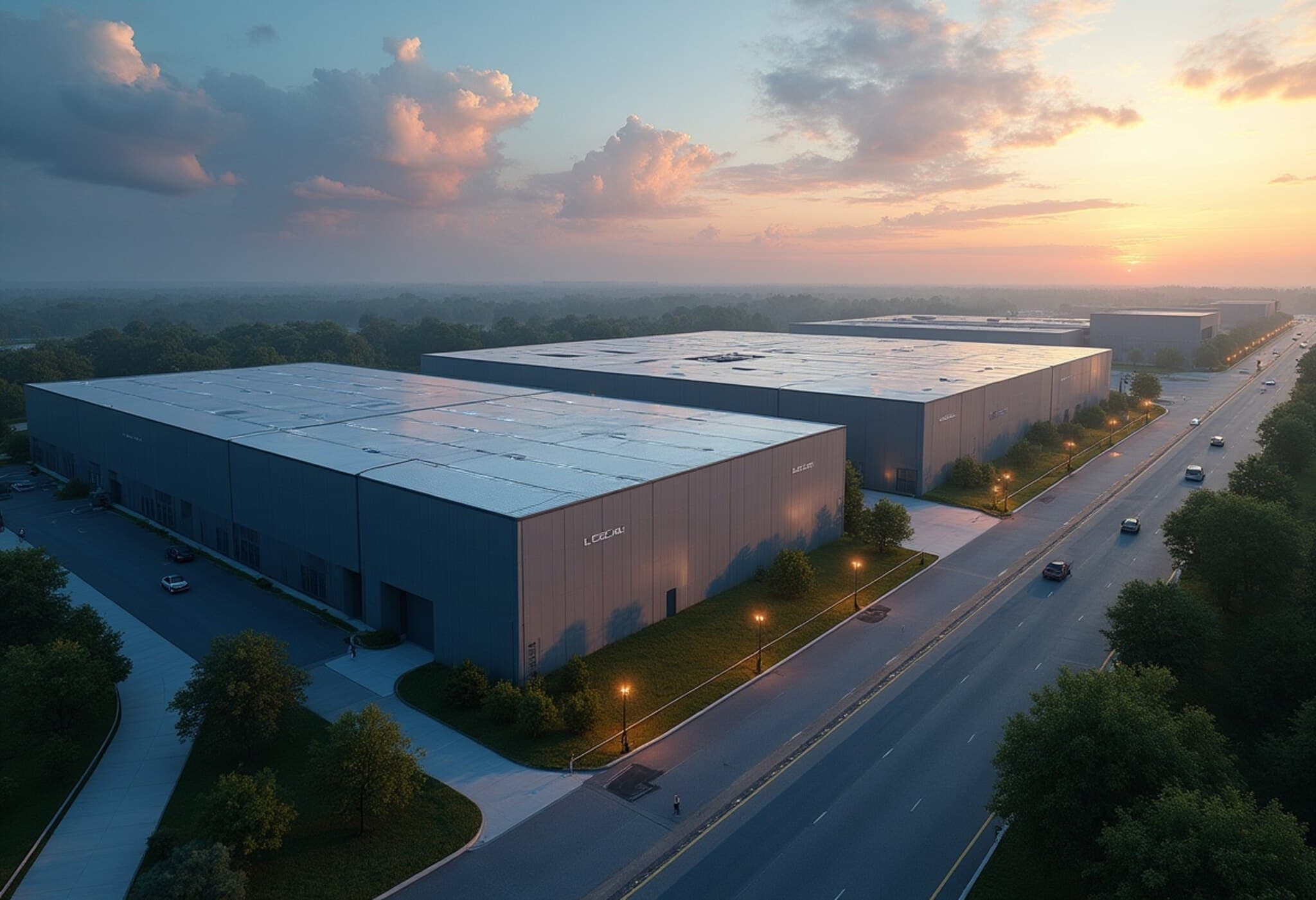Meta's Ambitious Data Center Project in Louisiana
In rural Northeastern Louisiana, a sprawling 2,250-acre site is rapidly transforming from soybean fields into what is set to become the largest data center in the Western Hemisphere. This massive undertaking, backed by Meta—the parent company of Facebook, Instagram, and WhatsApp—represents a staggering investment of $10 billion directed at fueling the company’s expanding artificial intelligence operations.
State officials and business leaders alike hail this development as a transformative milestone, positioning Louisiana on the global stage as a serious contender in the tech infrastructure landscape.
Why Louisiana? The Land, Power, and Tax Incentives
Finding a suitable location for a data center of this magnitude is no small feat. Meta required a gigantic, contiguous plot of land—approximately the size of 1,700 football fields—capable of swift development with access to robust infrastructure and power supply.
Louisiana fit the bill perfectly. The state had already acquired most of the land in Richland Parish years ago, initially eyeing automotive manufacturing investments that never came to fruition. Now, that investment is paying off.
Crucially, local utility Entergy Louisiana committed to providing the necessary energy, proposing to build three new gas-fired power plants and supplement them with 1,500 megawatts of solar power to meet the colossal electricity demands. To put it in perspective, the data center's peak power consumption will be nearly double that of New Orleans.
On the financial side, Louisiana enacted a targeted tax exemption enabling Meta to avoid paying potentially billions in sales tax on equipment. This incentive, approved soon after the new governor took office, was a non-negotiable condition for Meta's investment.
Balancing High Investment and Employment
Despite the enormous investment, the center will create about 500 permanent jobs, with construction work swelling employment temporarily to around 5,000. For a project of this scale, that’s a modest figure, which raises questions about the true economic benefit versus the enormous tax breaks and infrastructure costs.
Energy Challenges Amid Louisiana’s Grid Realities
The energy requirements and grid impact present ongoing concerns. Critics warn that such a vast consumer could strain Louisiana’s already spotty power grid. Recent data ranked the state 40th nationally for power reliability, with the average customer experiencing nearly 10 hours of outages last year.
Opposition groups worry about rising electricity rates and system vulnerabilities that additional load might exacerbate. Nevertheless, Entergy's CEO argues the new plants and renewable energy integration will enhance grid stability and drive down rates over time.
Economic Implications and Regional Impact
Richland Parish, one of Louisiana’s poorest regions, stands poised to benefit significantly from the investment. The influx of infrastructure spending and the creation of hundreds of permanent jobs are expected to bring long-term economic uplift.
State Economic Development Secretary Susan Bourgeois emphasizes that beyond immediate gains, Meta’s commitment significantly boosts Louisiana’s credibility in attracting similar ventures, strengthening the state's competitive edge against its Southern neighbors.
Weighing the Pros and Cons
- Pros: Massive capital injection, infrastructure improvements, boosted workforce, regional economic stimulation.
- Cons: High energy consumption, modest permanent employment numbers, potential strain on state finances due to tax incentives, concerns about grid reliability.
Ultimately, Louisiana’s gamble on Meta’s data center reflects a broader national trend where states fiercely compete for tech infrastructure projects—accepting trade-offs between economic promises and resource challenges.











